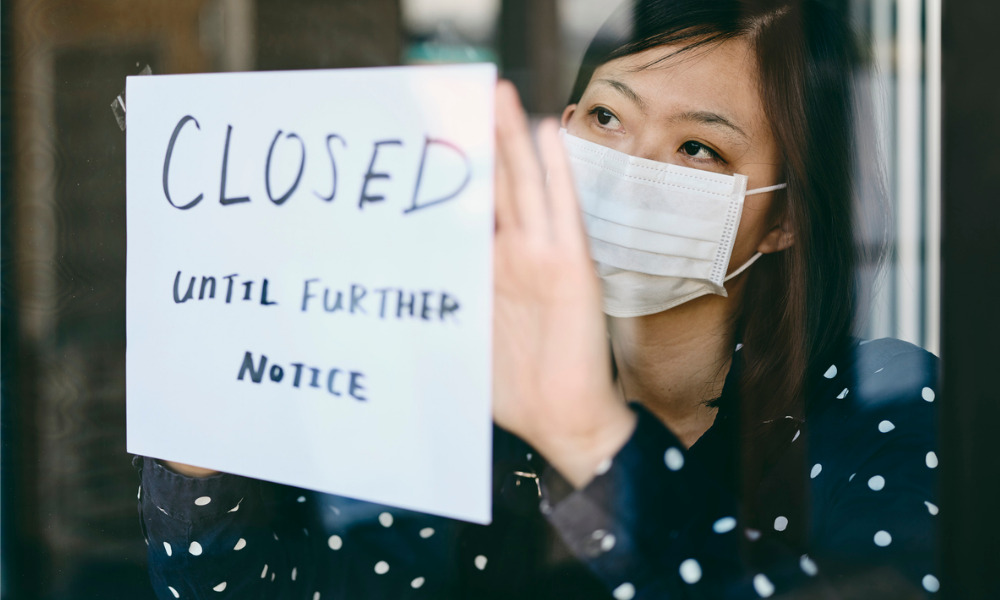
Some experts are calling for smarter measures to protect workers

Today marks the start of a month-long COVID-19 lockdown for Ontario after the province declared a state of emergency. Public health experts weighed in on the decision to “prevent hospitals from becoming overwhelmed, protect in-person learning and keep children in schools, [and] allow for more time to vaccinate Ontarians.”
“We must all follow temporary restrictions and public health and workplace safety measures. The impacts of these measures will be evaluated after one month to determine if it is safe to lift the restrictions or if they need to be extended,” the government said.
Big-box outlets can accommodate shoppers only if the customers are purchasing groceries, household cleaning supplies, personal care items, pharmacy items and pet supplies. All other non-essential retail businesses can offer curbside pick-up and delivery services and only by appointment.
The period aims to give officials enough time to vaccinate high-risk workers, such as teachers and warehouse and factory employees. “The risks are greater and the stakes are higher,” Ontario Premier Doug Ford said.
Read more: Ontario expands mental health support amid COVID-19 crisis
Implementing a lockdown, however, does not address the problem, according to some health experts. “The stay-at-home order is totally necessary, but doesn’t get at the roots of where COVID-19 variants are and how they’re spreading, particularly amongst essential workers,” said Dr. Naheed Dosani, who is urging government officials to increase paid sick leave and vaccination benefits.
“This order, in isolation, will not get at the crux of the matter, which is protecting essential workers who have to go to work,” he said in a report from The Guardian, pointing out how the option to work from home is privilege, not yet a basic right. “If we haven’t learned that by this point in the pandemic, I don’t know when we will.”